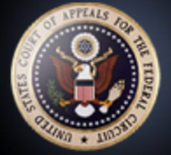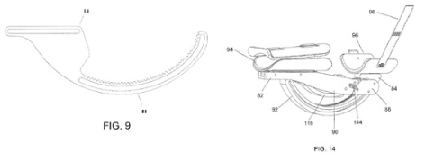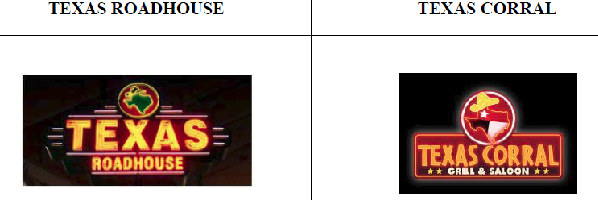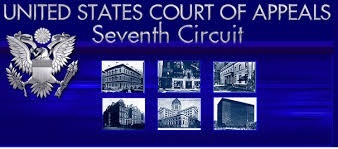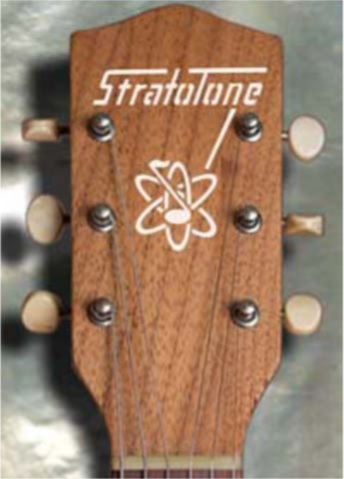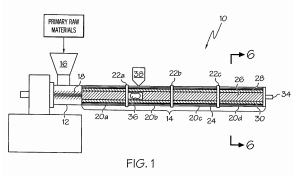Indianapolis, Indiana – Judge Jane Magnus-Stinson dismissed a lawsuit by Indiana copyright attorney and professional photographer Richard Bell against Defendant Find Tickets, LLC of Alpharetta, Georgia for lack of personal jurisdiction.
In June 2015, Bell sued Find Tickets in the Southern District of Indiana asserting copyright infringement. He stated that the Georgia-based company had published a copyrighted photo on its website, www.findticketsfast.com, without his permission. The photo in question was one that Bell had taken of the downtown Indianapolis skyline. It had been registered by the U.S. Copyright Office under Registration No. VA0001785115.
On behalf of Find Tickets, a copyright lawyer asked the court to dismiss the complaint for lack of jurisdiction, averring that Find Tickets “does not maintain any offices in Indiana, has no employees in Indiana, holds no assets in Indiana, pays no taxes to the state of Indiana, and has no bank or other financial institution accounts in Indiana.” It was further stated that the business was owned by two Georgia residents, neither of whom had ever set foot in Indiana.
The court turned to a constitutional analysis of the due process requirements for personal jurisdiction, as elucidated by the Seventh Circuit in Advanced Tactical Ordnance Sys., LLC v. Real Action Paintball, Inc., 751 F.3d 796, 800-01 (7th Cir. 2014). Citing that appellate case, the district court stated:
Due process is satisfied so long as the defendant had “certain minimum contacts” with the forum state such that the “maintenance of the suit does not offend ‘traditional notions of fair play and substantial justice.'” The relevant contacts are those that center on the relations among the defendant, the forum, and the litigation. However, “[f]or a State to exercise jurisdiction consistent with due process, the defendant’s suit-related conduct must create a substantial connection with the forum State.” Thus, the relation between the defendant and the forum “must arise out of contacts that the ‘defendant himself‘ creates with the forum . . . .” Moreover, although no special test exists for internet-based cases, the Court focuses on whether the defendant has purposely exploited the Indiana market beyond the availability of the website in the forum state. (Citations omitted).
The district court was unpersuaded by Bell’s arguments, opining that the Seventh Circuit precedent set forth in Advanced Tactical “established that a defendant who ‘maintains a website that is accessible to Indiana residents should not be haled into court simply because the defendant owns or operates a website that is accessible in the forum state, even if it is ‘interactive.'”
The court similarly held that, as with Advanced Tactical, Defendant’s sales to residents of the forum state were insufficient to establish personal jurisdiction as it had not been demonstrated that such sales were related to the lawsuit.
Finding no personal jurisdiction over Defendant, the court dismissed the lawsuit without prejudice.
Practice Tip: Overhauser Law Offices, publisher of this blog, represented Defendants Real Action Paintball, Inc. and its president in the appeal to the Seventh Circuit.
 Indiana Intellectual Property Law News
Indiana Intellectual Property Law News



